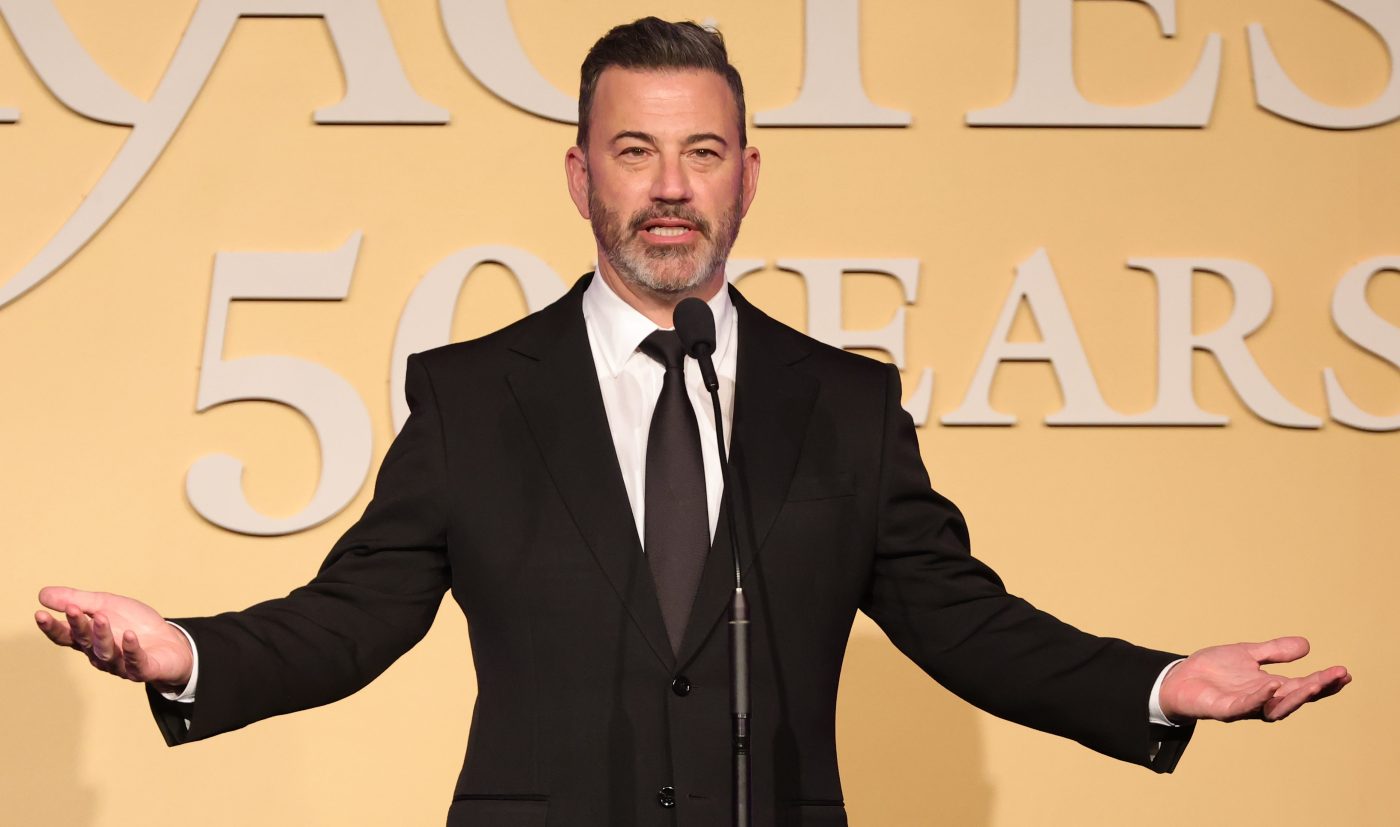ABC and its parent company, Disney, have come under scrutiny after sidelining comedian Jimmy Kimmel following his critical remarks about former President Donald Trump. The decision has been interpreted as a concession to the political pressure exerted by Trump and Brendan Carr, the Chair of the Federal Communications Commission. Critics argue that this move not only undermines the principles of free speech but also emboldens authoritarian tendencies within the political landscape.
Kimmel’s comments, made during his September 17, 2023, monologue, addressed the assassination of right-wing figure Charlie Kirk. Contrary to allegations that he trivialized Kirk’s death, Kimmel referred to it as “a senseless murder.” His critique focused on how Trump and his allies were using the incident to further their agenda of silencing dissent, which he described as part of Trump’s Project 2025 initiative.
This incident is not isolated, as several other institutions have also faced backlash for yielding to Trump’s influence. Notably, CBS and various law firms, along with universities like Columbia, have similarly compromised their stances. Observers note that the Republican majorities in Congress have long surrendered their authority to Trump, further consolidating his power.
Kimmel’s case highlights a worrying trend where prominent voices are silenced under the threat of governmental action. This dynamic evokes historical parallels, where authoritarian regimes have risen by suppressing dissenting opinions. The comedian’s experience serves as a reminder of the delicate balance between humor and criticism in a free society.
In a recent exchange on social media, Carr responded to a user who commented on the alignment of his actions with the Project 2025 strategy, reinforcing the perception that the government is increasingly targeting free speech. The irony of a campaign that has condemned “cancel culture” now coming from within the government adds another layer of complexity to the issue.
The implications of Kimmel’s sidelining extend beyond comedy. This development raises concerns about the ability of media figures to critique political leaders without facing repercussions. The recent cancellation of Stephen Colbert’s show, which won an Emmy this week, further illustrates the precarious situation for those in the entertainment industry who challenge the status quo.
Trump’s response to Kimmel’s situation was swift, as he suggested that other late-night hosts like Jimmy Fallon and Seth Meyers should face similar consequences. This pattern of targeting voices critical of his administration indicates a broader strategy to diminish dissenting narratives in popular media.
As the conversation around free speech continues, many are calling for accountability. Critics argue that Carr should resign, and Kimmel’s show should be reinstated. This incident, occurring on Constitution Day, highlights the urgent need for Americans and their institutions to stand firm in the defense of their rights.
The fallout from Disney and ABC’s actions has sparked a broader discussion about the responsibilities of media companies in safeguarding free expression. Many believe that capitulating to political pressure not only weakens individual voices but also undermines the foundational principles of democracy. The outcome of this situation could set a significant precedent for how media organizations navigate the intersection of politics and entertainment in the future.
